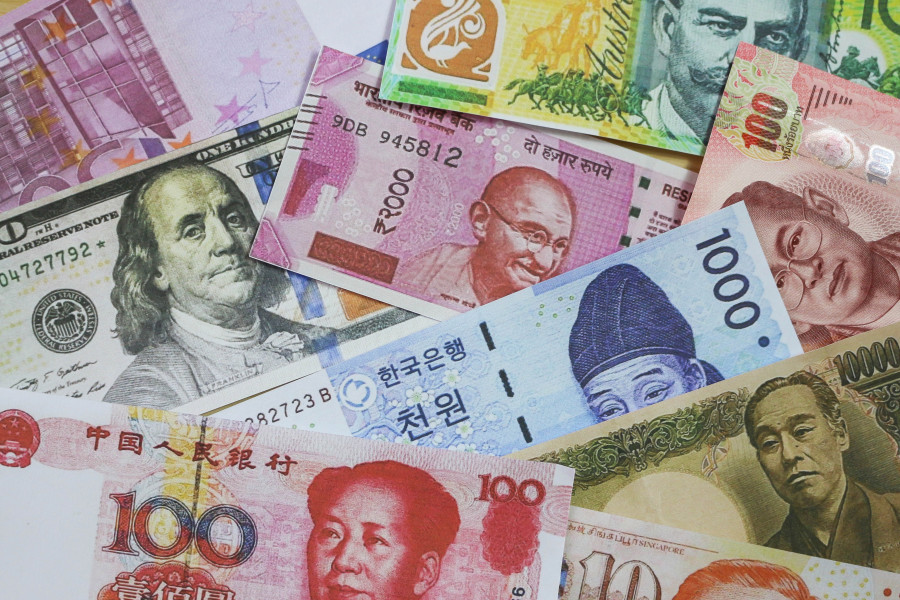Editorial
No quick fix
The pandemic is a reality check for the authorities who are entirely reliant on the service sector.
It is quite evident that for the last 18 months or so, the world has been grappling with the effects of the pandemic one way or another. And it has had a lasting impact on most things we took for granted: health, education and, of course, the economy. With restrictions on the movement of people, the effect on tourism was visible. And as work began to dry up for economic migrants worldwide, its impact on aspirants in Nepal was pretty dire.
All this meant a hit on the country’s foreign exchange reserves. The foreign currency supply has decreased by nearly Rs100 billion over a year from July 2020. For a country primarily dependent on imports, foreign exchange reserves serve as a lifeline. We can avoid volatility when meeting its balance of payments, thus assuring a smoother consumption in the long run. The authorities have been quick to point to dampened tourism and the fall in remittances as the significant cause for the depletion of foreign reserves. But there are more questions the authorities need to be prepared for.
For over two decades, we have seen systemic decimation of the textile industry, particularly the carpet industry and the garment industry. Despite its fledgling presence, it helped in providing jobs, contributed to the forex reserve and, more importantly, it bolstered the dignity that came with exporting at least something. Entrepreneurs blame the lacklustre effort of the government in preventing its decline. The authorities ignored the problems of Nepali exporters which would otherwise have allowed them to compete in the international arena.
The pandemic should be seen as a reality check for the authorities who are entirely reliant on the service sector. The leaders seem to have gotten so used to the idea of allowing Nepali people to seek employment in countries other than their own that they seem to be getting away without making even the slightest effort to develop any other sector that Nepal could excel in. With an abundance of arable land, Nepal has been gifted with an environment suited for agriculture. But it requires the government's concerted effort if we are to see any tangible change in this sector. And instead, while produce rots in people’s backyards, the import of fruits and vegetables continues unabated.
Amid surging imports, the Nepal government, under the advice of the Nepal Rastra Bank, has decided to curtail the amount of dollars citizens can carry with them when travelling abroad. That may be a step to soften the blow. Still, in all earnestness, it doesn’t even “push the needle” concerning forex reserves while the import of vehicles, which is really at a tipping point, and countless other luxury items, continues unchecked. It means billions of dollars in payments and of a size that would affect the level of foreign exchange reserves. It surely seems that the government has set its sights on increasing import duty to fund its burgeoning expenses while throwing away billions without a cause for concern. The futility of such a policy should remind us of being penny wise and pound foolish.
It is said that the darkest hour is the hour before dawn. And while there is no quick fix to any problem, there is always a ray of hope amidst despair. Without a doubt, the pandemic has ravaged us all, but let it not be an excuse for all the underlying problems we face. Let it instead serve as an opportunity for us to rise to face challenges, not just that reflect the depleting forex reserves, but in all avenues that currently plague us.




 13.12°C Kathmandu
13.12°C Kathmandu














